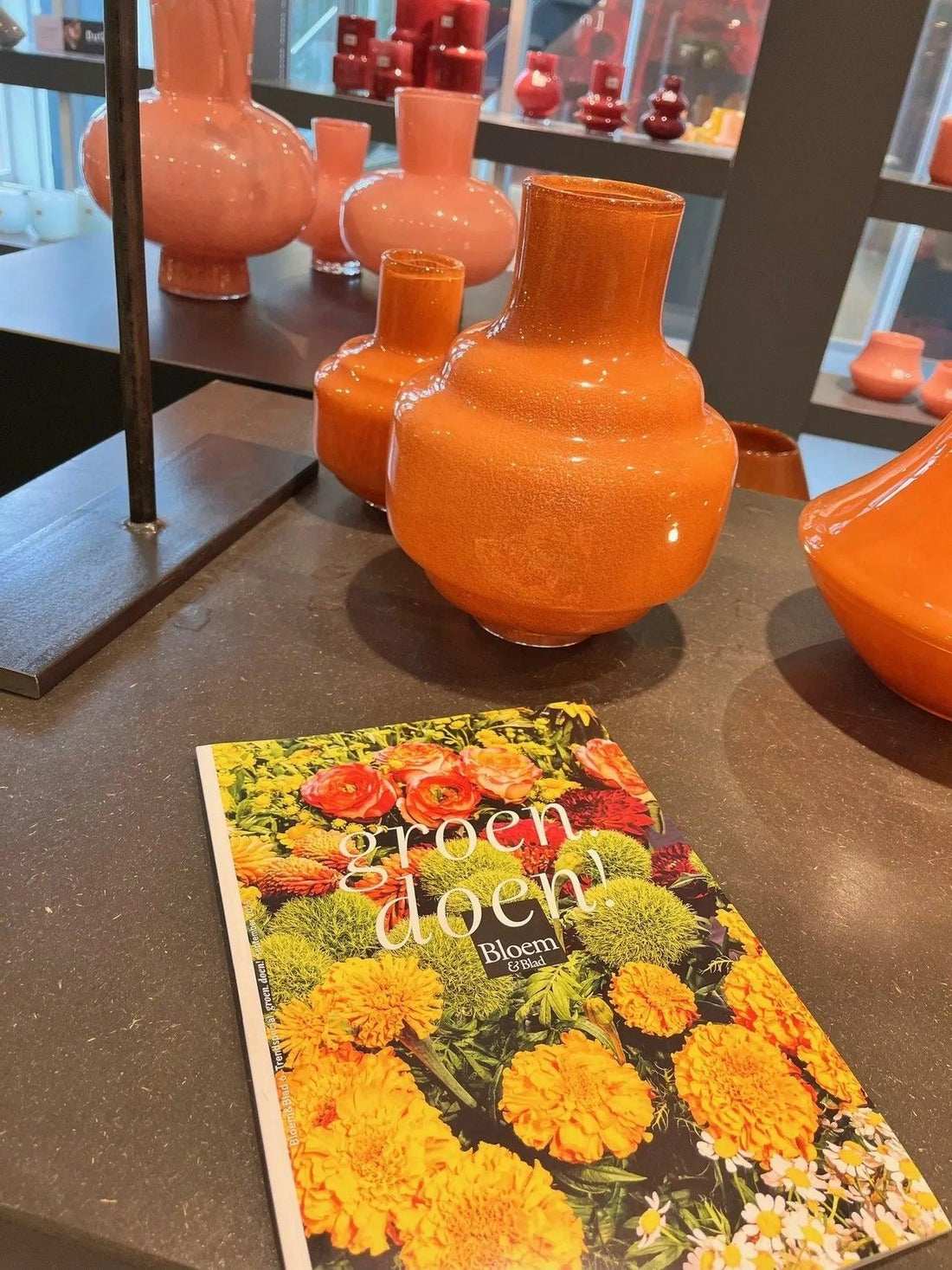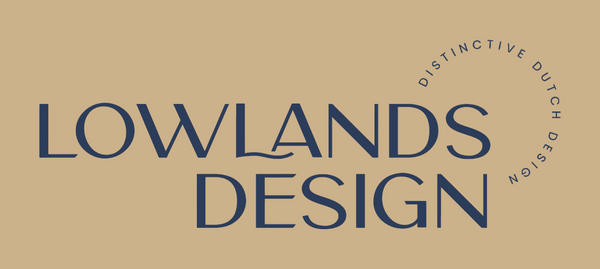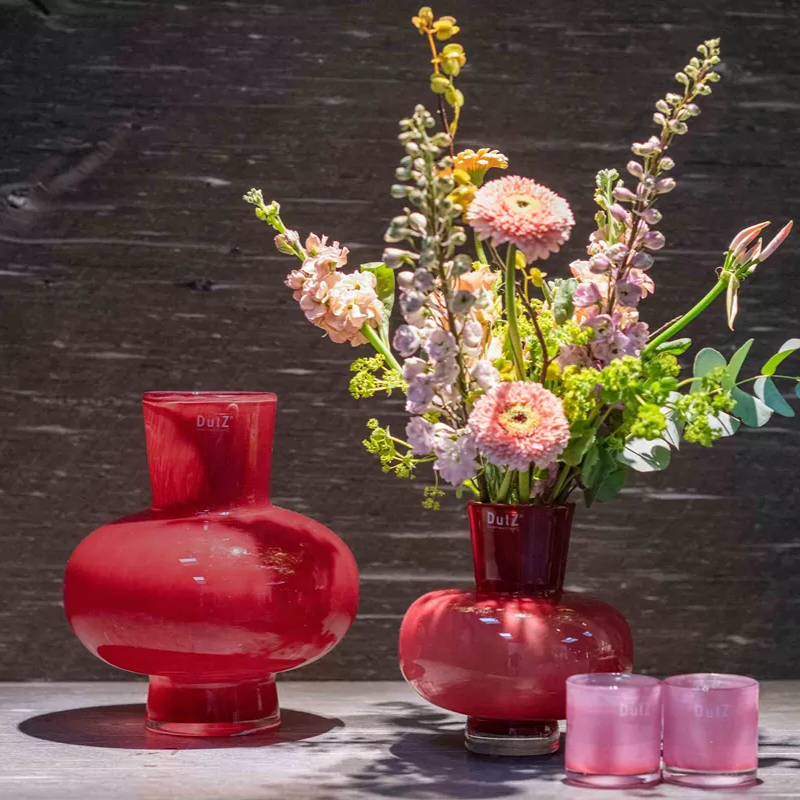
DutZ Vases and Pots: How Sustainable Are They Actually
Glass and earthenware are indispensable in any home. But how sustainable is DutZ vases? Owner Bastiaan Kommers does everything he can to keep the environmental impact of the products as small as possible. "We recycle everything that can be recycled".
Text Jeannet Hofman/Photography Dutz




Check out the DutZ recycled glass collection here: https://shop.dutz-collection.eu/recycled-glass/
Glass vases and pots: how sustainable are they actually?
Bastiaan Kommers is co-owner of Nethroma, supplier of the DutZ glassware collection. The company designs the collections itself and has them made on the basis of an exclusivity in Poland, Romania and Ukraine. 'Suppliers are instructed to look at how and where they can make their product more sustainable,' the website reads. But how sustainable is DutZ glass? "Glass is a product that can always be recycled, in that sense it is an infinite product" says Bastiaan. "We are in the more luxurious segment, so we try to develop products that are not very time-sensitive". DutZ vases remain in circulation. But purely glass blowing is not yet optimally sustainable; the ovens run on gas. There are actually few alternatives for this.
Are there no electric ovens? They are there, but according to Bastiaan they are not yet of good enough quality. "It requires millions of investments from suppliers. The glass industry is facing major challenges and many cost increases. We know of no glass factory that is going to make these types of investments. We will continue to monitor it continuously. If there is a sustainable advantage to be gained somewhere, we will certainly investigate it."
DutZ does have projects underway to use residual glass waste for collections. The glass waste is then melted again to make vases again. For example, an 'eco collection' has already been made several times from recycled glass, but it is not possible to achieve the same high standard as with 'new' glass. 'We strive to bring a collection that can be called sustainable, but we do want to be honest. Production still has a long way to go if it wants to be CO2 neutral.'
Where possible, the company works on sustainability. There are electric cars on the road and the business premises are full of solar panels. 'We have been working on this for over fifteen years. We also only work with certified pallet suppliers. The pallets have a quality mark for wood from sustainably harvested forests. We work with recycled packaging materials as much as possible. There is still a world to be gained there, as there is yet no recycled pallet film to be found. If there was, even if it were a bit more expensive, we would buy it right away.'
Finally, the company is a donor to Agent Green, a foundation that fights for the preservation of the primeval forests in Romania and purchases plots of land to plant forests. 'The glass moulds into which the glass is blown are mostly made of wood. The primeval forests in Romania are threatened, and because we have a number of factories in Romania and the moulds are made of wood, we came into contact with this organisation. "No one can save the world, but you can see where you can do something."
Source: Bloem & Blad sept 2023








